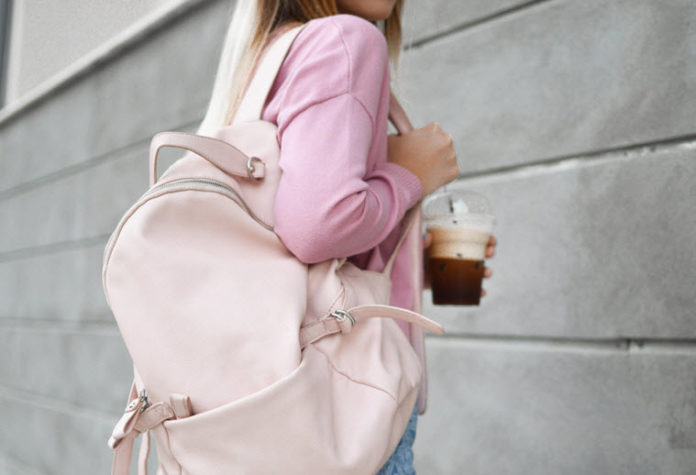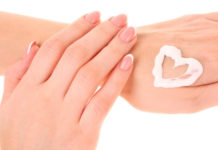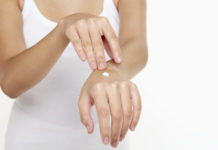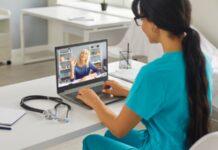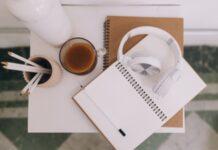As a nurse, you always need to be prepared. Having the right tools and supplies with you can help you respond to emergencies quickly. It also helps you be more effective at work.
Whether you are a fresh graduate or a seasoned nurse, here are the most important things you need to have in your bag:
1Medical Gloves
Wearing gloves can help keep your hands clean and safe whenever you need to touch bodily tissues, bodily fluids, broken skin, and mucous membranes (1). Wearing them also prevents you from getting bad bacteria that can make you sick.
Now, when keeping gloves in your bag, it’s important that you keep them away from sharp objects. Punctured gloves will be useless when you need them.
2Disinfecting Wipes

For nurses, regular wipes won’t work.
Because of the demand of your job, you need a medical-grade disinfecting wipe, like these excellent ones you can get from sonosupplies.com. It can kill 99.99% of bacteria and even viruses, like H1N1 and MRSA.
The wipes don’t have bleach, solvents or alcohol so you won’t have to worry about your safety. Plus, with its size, the pack won’t take a lot of space in your bag.
3Stethoscope
While you can always get a stethoscope from the nurses’ station, it’s still better if you can have your own. Purchasing your own stethoscope allows you to find the best one that will fit your preferences, needs, and comfort.
Buy a stethoscope with a thick and durable tubing. This helps amplify the sound and minimize external noise. Its stem should be made of the same durable material as its chest piece to help achieve optimal sound transfer.
Since you’ll be keeping your stethoscope in your bag, it should be durable enough to last for several years. A stethoscope with a spring design for its headset and titanium or stainless steel chest piece is an obvious choice.
4Pens and Permanent Markers
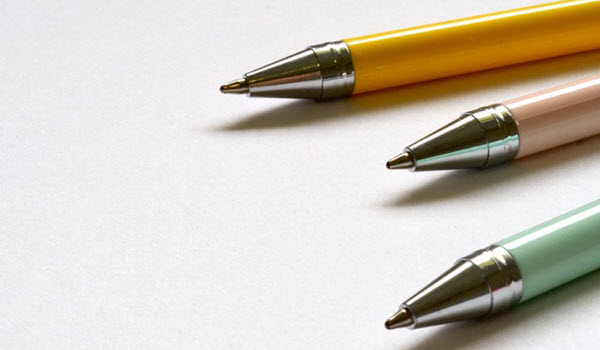
Keeping a pen in your bag allows you to easily write down notes and keep track of what you have to accomplish at work.
Make it a habit to bring extra pens with you. They should write nicely, no matter what angle you hold it. They shouldn’t leak or smear, too.
For your comfort, buy pens with a cushioned grip. It will help you write fast whenever you need to label bags, medications, and other items during emergencies.
5Penlight
You don’t necessarily have to buy an expensive penlight. A cheap and compact light should be enough to help you perform skin and neurological assessments properly.
6Medical Tape
You’ll never know when your patients will pull off his IV line so you need to have a medical tape anytime and anywhere. A quality medical tape is also important in dressing wounds.
7Tourniquet
A tourniquet can be a lifesaver during emergency situations. It helps stop traumatic bleeding when applying pressure with hands or dressings don’t work.
As a reminder, tourniquets should be your last option in stopping bleeding because it entails a lot of risks. This includes ischemia, pain, reperfusion injury, and compartment syndrome.
8Water Bottle

Running a busy shift is not an excuse to not drink water. Remember, with all the walking and running you do at work, you need to keep yourself hydrated. Dehydration is the last thing you want to happen while on duty because it can cause dizziness, dry mouth, and headache. It can even make you feel sleepy.
9Snacks
When you are working for more than 12 hours, you need to have some snacks on hand. That way, you won’t get hungry or agitated at work.
You can prepare some string cheese, protein bars, fruits, nuts, and wrapped sandwiches. You can also take a cup of yogurt with you.
10Hand Lotion
Handwashing is one of the most effective ways to stop the spread of bacteria (2). It’s also one of the most common reasons why nurses end up with really dry hands.
So, after your shift, make it a habit to apply a moisturizing hand lotion. It will restore your skin’s moisture and its natural barrier.
11A Watch

Time management is an important skill when you’re a nurse. With so many things to do, having an actual watch can help you keep track of time.
Although any watch will do, you need to find one that’s comfortable. Remember, you’ll be wearing your watch for hours.
Apart from that, your watch should also have a non-porous band. That way, it won’t get easily worn out with frequent hand washing or get stained if exposed to chemicals and blood.
If you’re looking for a convenient option, you can choose a smartwatch. That way, you won’t have to constantly dig through your pocket just to check your phone to see who’s calling or texting you.
A watch with a second hand, however, is a more ideal watch to use at work. It can help you take your patient’s pulse and respiratory rate easily.
12A Drug Guide
Graduating from nursing school doesn’t mean that you won’t be needing your drug guide any more. The healthcare industry is constantly changing so you need to keep yourself updated.
With that, try to get yourself a pocket drug guide.
If you don’t like the idea of taking books with you to work, you can just download an app. You can find drug guides for nurses in Google Play Store and the App Store.
Take note that some apps are free to use while others are subscription-based.
In Summary
As a nurse, your shift is always full of tasks. Keeping important tools and devices in your bag can help you stay efficient and productive at work. Plus, it can also help you stay sane during emergencies.
Take note that organizing the things in your bag is important as well. You need to know where to get your gloves or where you’re keeping your pens so you can easily take them out whenever needed. You can use a bag organizer for this.
References:
1. Korniewicz, D. M. (1992). Effectiveness of glove barriers used in clinical settings. Medsurg nursing: official journal of the Academy of Medical-Surgical Nurses, 1(1), 29-32.
2. Mathur, P. (2011). Hand hygiene: back to the basics of infection control. The Indian journal of medical research, 134(5), 611.


